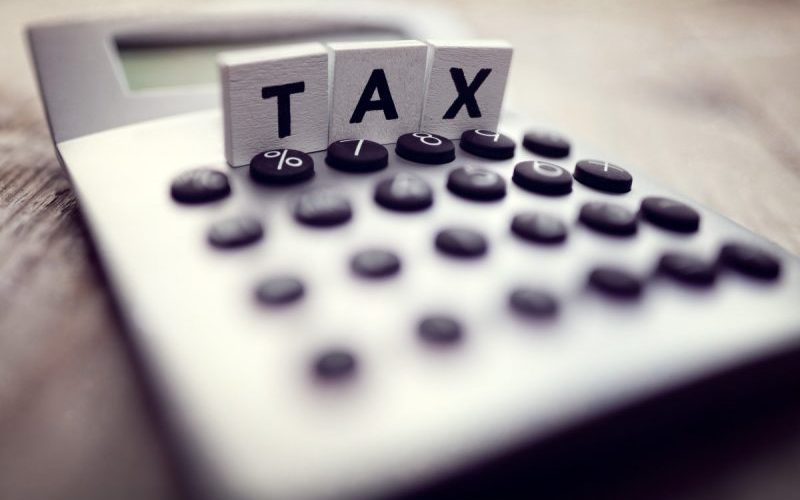There is nothing more consistent in our lives than taxes, and this rule also applies to small businesses. As a small business owner, you need to know which taxes for small businesses apply to you. This knowledge will protect you against getting into trouble with the Internal Revenue Service; something that, in some cases, may cause your company to shut down.
Taxes Paid By Small Businesses
Sales Tax
Sales taxes are consumption taxes the government imposes on the sales of goods and services. The rate of this tax can vary depending on your location, and in some cases, your customer’s location. The reason for these differences is that each state in the US has the liberty to set their sales taxes. Sales taxes in the
US range from 2.9% to 7.25% of the value of the sale. Some localities also apply their own sales taxes. So, in some cases, businesses have two pay two types of sales taxes at the same time. For example, if your small company operates in Louisiana, you can pay a hefty 10% sales tax on average. If you’re lucky enough to be in Delaware, you can sell as much as you want without having to pay a single cent for sales taxes.
Income Tax
Your net income is the difference between your total revenue and total expenses during a period. This represents the absolute increase in your small business’s value. The income tax is a fee the government applies to this increase. Your income tax depends on the type of your business.
For C-Corporation, a flat rate of 21% applies to all your income. If you are a sole-proprietorship, like most small businesses, your tax rate is similar for individual income taxes. Your tax rate will vary depending on how much is your income. This rate can be as low as 10% or as high as 37%.
Payroll Taxes
Payroll taxes or employment taxes are actually applicable to your employees’ salaries and not your business’s income. You, as a small business owner, are only tasked with withholding and remitting this tax to the government. Employment taxes include federal income taxes, Social Security, Medicare taxes, and more depending on your state.
Although you are not responsible for paying these taxes, your small business can be penalized for failing to withhold and remit payroll taxes. The penalty rate increases proportionately to the number of days you are delayed in remitting the tax. Small businesses that are five days of less late in remitting the tax are must pay a 2% surcharge. If you are six to fifteen days late, this penalty increases to 5%. Finally, exceeding 15 days will result in a hefty penalty of 10% of the correct payroll taxes.
Excise Taxes
Sometimes referred to as “Sin Taxes,” the Excise tax is levied on special products and services. The term sin tax came from the fact that the tax is often applicable to vices such as alcohol and cigarettes. It is a type of indirect tax as consumers are responsible of paying for it. This shift means that the tax is added to the price of these commodities.
Property Taxes
Another tax that you should be aware of is the property tax. If your business owns real estate properties, you will need to pay a percentage of the value of these properties. Your property tax also varies depending on your locality. The property tax in the US ranges from 0% to 4%. Most jurisdictions apply these taxes on local government services such as fire/police departments, medical facilities, and local infrastructures.
AldarisCPA can help you manage your taxes effectively. Our professional team of accountants can help you with your tax planning and preparation services to help protect you against penalties. We can also help you reduce your taxes to make sure you are paying the correct taxes. Call us now to learn more!


